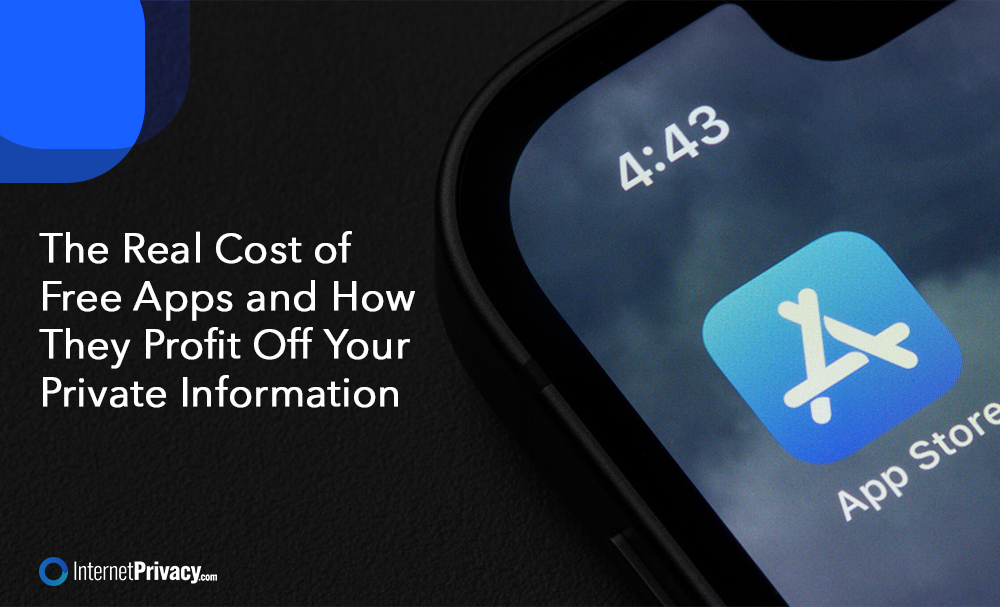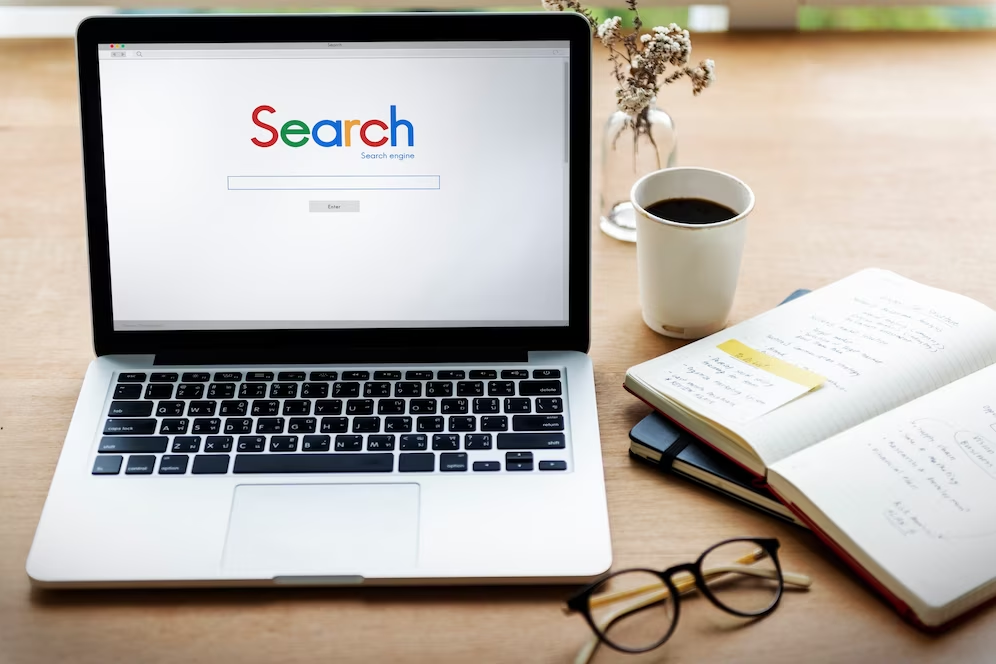The Real Cost of Free Apps and How They Profit Off Your Private Information

Free apps have become a normal part of daily life. They offer entertainment, productivity tools, and social connections without an upfront cost. However, these applications often collect personally identifiable information, private information, and sensitive data from users. The true price of these free services isn’t in dollars—it’s in the data you provide.
What Are Free Apps and How Do They Work?
Free apps are software applications that users can download and access without paying. These apps serve specific purposes—social networking, fitness tracking, and communication—and are widely available on platforms like Android and iOS. However, calling them “free” is misleading. While users don’t pay money upfront, they often provide their personal information in exchange for access.
Free apps operate within the zero-price economy, where developers monetize user data instead of charging fees. Their business models typically involve:
- Collecting data, such as location data, browsing behavior, and biometric data, to personalize content and advertising
- Selling data to third parties, including marketing companies, data brokers, and other businesses
- Displaying ads that are targeted based on a user’s activity, preferences, and personal identity
Some apps use encrypted methods to protect data, but many fail to comply with data privacy regulations, leaving users vulnerable to identity theft, unauthorized access, and security breaches.
Types of Free Apps and Their Data Collection Methods
Not all free apps function the same way. Some offer limited features unless users upgrade, while others rely solely on advertising or data collection. Below are some of the most common types of free apps and how they collect personal and sensitive information.
Social Media Apps
Platforms like Facebook, Instagram, and TikTok collect extensive data from users, including:
- Location data, tracking real-time movement and past locations
- Browsing habits, including sites visited, interactions, and engagement
- Biometric data, such as face recognition and voice recordings
Social media apps also define personal information broadly, including any details linked to an individual’s identity. They use this information to build consumer profiles and deliver targeted advertising.
Productivity and Utility Apps
Apps like Google Docs, Evernote, and fitness trackers collect:
- Medical records and health data, including workout history and heart rate
- Human subjects data, such as dietary habits and sleep patterns
- Personal account information, including email, contacts, and calendar data
Some of these apps comply with regulations like the Health Insurance Portability and Accountability Act (HIPAA), while others fail to protect confidential information.
Shopping and Financial Apps
Retail and payment apps like Amazon, PayPal, and Cash App request:
- Credit card numbers and banking details
- Other identifiers, such as addresses, phone numbers, and purchase history
- Marketing preferences based on shopping behavior
Some of these platforms encrypt financial data, but others may share purchasing behavior with third-party advertisers.
Gaming and Entertainment Apps
Games like Candy Crush and free streaming platforms collect:
- Device information, such as model, OS, and IP address
- Behavioral data, including gameplay habits and engagement levels
- In-app purchase history
Gaming apps often track user activity across different devices and link it to other information collected from social media, ad networks, and analytics firms.
How Free Apps Make Money
Many users assume that free apps are simply offering a service, but they make money by monetizing user data. Some common revenue models include:
The Freemium Model
This model allows users to access basic features for free but requires in-app purchases for premium content. Freemium apps often:
- Track user behavior to push upgrades
- Require excessive app permissions, such as access to contacts, photos, and microphone
- Use behavioral targeting to encourage spending
Advertising and Data Sales
The advertising model is one of the most widespread monetization strategies. Apps display ads based on:
- User interests and activity
- Browsing behavior and location data
- Demographic details, including age, gender, and preferences
Some apps go further and sell data directly to advertisers, including:
- Social security numbers used for identity verification
- Medical records and biometric data used for targeted health marketing
- Personal identifiers and consumer profiles
Many businesses fail to define personal information clearly, allowing them to collect more data than users realize.
Privacy Risks of Free Apps
Using free apps without understanding their data practices can lead to serious privacy and security risks.
Identity Theft and Security Breaches
If an app fails to encrypt user data, it becomes an easy target for hackers. This puts social security numbers, medical records, and financial accounts at risk.
Unauthorized Data Sharing
Many free apps share data without clear user consent. Even apps that promise privacy protections may sell information to third parties for marketing or research purposes.
Tracking Beyond the App
Some apps install tracking software that monitors user activity across different websites. Even after closing the app, it may still collect private information.
How to Protect Your Privacy While Using Free Apps
Users can take control of their personal data by following these best practices:
- Review app permissions before downloading. Avoid apps that ask for excessive access to personal data.
- Limit location tracking by turning off real-time tracking when not needed. Use general location settings instead of precise tracking.
- Use privacy settings within the app to limit data collection, tracking, and personalized ads.
- Check privacy policies to understand how your data is used. Look for clear compliance statements regarding CCPA, GDPR, and the Privacy Act.
- Consider paid alternatives that prioritize data privacy over targeted advertising.
- Use encrypted messaging apps and secure browsers like Signal and DuckDuckGo to minimize data storage and tracking.
Final Thoughts: Are Free Apps Worth the Cost?
Free apps may not cost money, but they collect personal information, track behavior, and share data with third parties. While some offer useful services, users should be aware of what they are giving up.
By understanding the risks and taking proactive steps to protect personally identifiable information, individuals can enjoy the benefits of apps without compromising their privacy.
If an app requires too much access, tracks sensitive information, or fails to comply with privacy regulations, it’s best to think twice before downloading.





